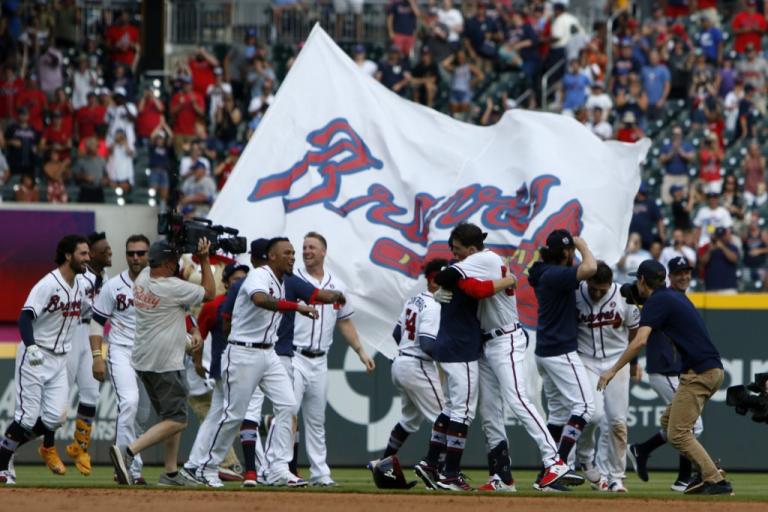The Atlanta Braves just beat the Houston Astros to win the World Series in Major League Baseball (MLB). But America’s National Pasttime is taking heat for taking too long to play the game. During the regular season, games are taking an average of 3 hours and 10 minutes to play. But in these post-season playoffs games, some of them lasted over 4 hours. Yet, back in the 1980s, regular season games averaged 2 hours and 33 minutes, which is 37 minutes less. The sixth and last game of this World Series took 3 hours and 22 minutes. Thus, MLB officials are worried that professional baseball is losing its popularity due to taking too much time to play the game.
Tell me about it. That has always been the bane of professional golf and just the game in general–it takes too long to play the game. The average round of golf takes about four hours to play. The PGA Tour has always wrestled with that. Eventually, PGA Tour officials imposed a rule in which a Touring pro had only 40 seconds to hit his shot. (This is still the rule today, decades later.) If Tour officials detected that some player was exceeding this restriction, an official would follow that player and put him “on the clock.” That is, the official would time the player once it was his turn to play his shot. If the player exceeded the 40-minute restriction, that was called “a bad time.” If the official recorded two bad times for that player during that round of golf, that official would then put a notice in that player’s locker in the clubhouse that stated his bad time and the consequence for it, which was a monetary fine. In my day, the fine was $500. I remember getting one such fine on the regular Tour, maybe two, and none on the Senior/Champions Tour.
So, ever since about the early 1970s, the PGA Tour has had a system in place to try to speed up the game of professional golf and therefore not allow it to turn into a funeral procession in which rounds take way over four hours to play. Through the years, the PGA Tour swings like a pendulum about this. In recent years, the Tour has been highly criticized for relaxing its application of this “slow play rule” because its tournaments have been taking longer to play than they used to.
But not baseball. Dealing with slow play in Major League Baseball is rather new. The Leagues is now considering imposing a rule in which pitchers have only 17 seconds to throw the ball. It is being called “the pitch clock.” MLB officials say it will speed up their games by 20 minutes on average. But what about fines?
My favorite story about PGA Tour fines is about Tommy “Thunderbolt” Bolt. What a character, and we loved him. A new rule was invoked on the PGA Tour about in the early 1970s for practice rounds in which a player was not allowed to hit an extra ball to a green as a practice shot. One day a PGA Tour official was walking along, following Tommy Bolt. Tom hit an iron shot that missed the green. So, he threw down an extra ball and hit it onto that green. The official then alerted Tom about the new rule. Tom asked what the penalty was. The official said it was a $25 fine. Tom then reached into his pocket, pulled out a $100 bill, threw it at the feet of the official, and said, “Here, this is for that shot and the next three balls I’m going to hit at that green,” which he did.
Obviously, such fines have no punch for athletes who have lots of money. That is an important issue that needs to be considered when officials of sports organizations impose monetary fines for breaking the game’s rules. You’ve got it make it hurt. In today’s big money games, a paltry sum of cash as a penalty for breaking a slow play rule may not cut it in causing players to speed up their games.














